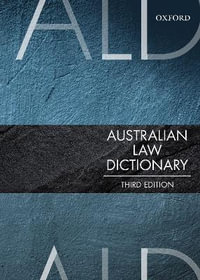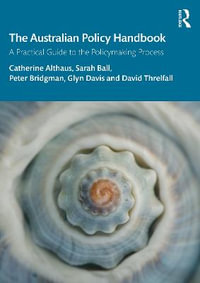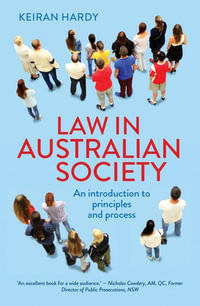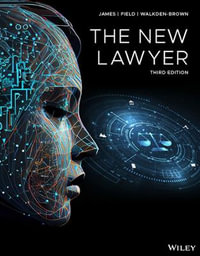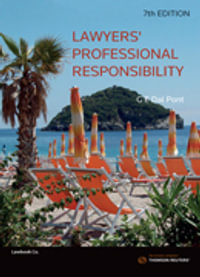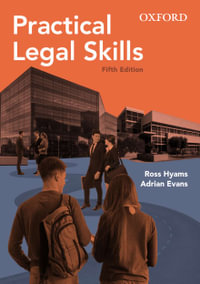This book begins from the premise that although legislation and regulation are the result of a political process, they can also be the topic of theoretical study. The focus is on the foundation of most western legal systems, and their appropriate way of law making. Traditional legal theory deals predominantly with the application of law by the judge, while the new approach advanced in this book expands the field of jurisprudence to legislative law making. In doing so the book applies the tools of legal theory to legislative problems (legisprudence). The work offers a different view on legislation, in that it is about legisprudence as a legal theory of political lawmaking. It explores fundamental questions, such as: Where does the law come from? What are the premises of a theory that considers law separated from politics? Following this new approach a variety of new questions and problems are raised, including a critical study of legalism, legitimacy, and legitimation, problems that are traditionally dealt with from the perspective of the judge or taken for granted by classical legal theory. By shifting the attention to the position of the legislator and legislation, this book opens a number of new insights into the relationship between legislative problems and legal theory.
Industry Reviews
'This is a timely and important book. It consolidates the author's pioneering work which shifts jurisprudential inquiry from judicial reasoning to legislation. It rigorously establishes a theory of legislative practical reasoning and deals with jurisprudential topics in a new and refreshing light. Its analysis of legalism and its forms is particularly incisive. It will set the standard for the philosophical study of legislation.' Zenon Bankowski, Edinburgh Law School, UK 'Luc Wintgens, to his everlasting credit, had taken the lead in institutionalizing the study of legislation within the greater framework of legal theory. His new treatise, devoted to this field, is called Legisprudence. It offers new perspectives on classical and modern issues, and it promises to be the definitive work in the field.' Stanley L. Paulson, Mercator Guest Professor, University of Kiel, Germany

